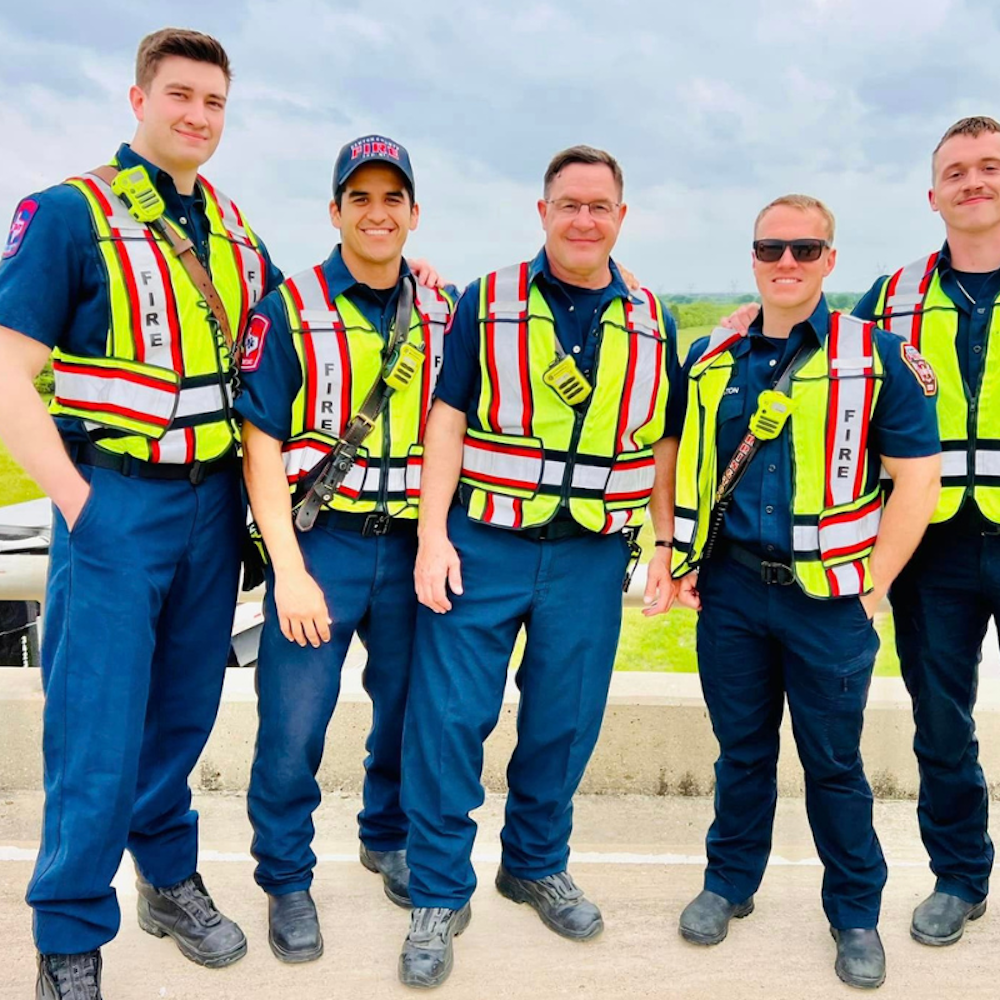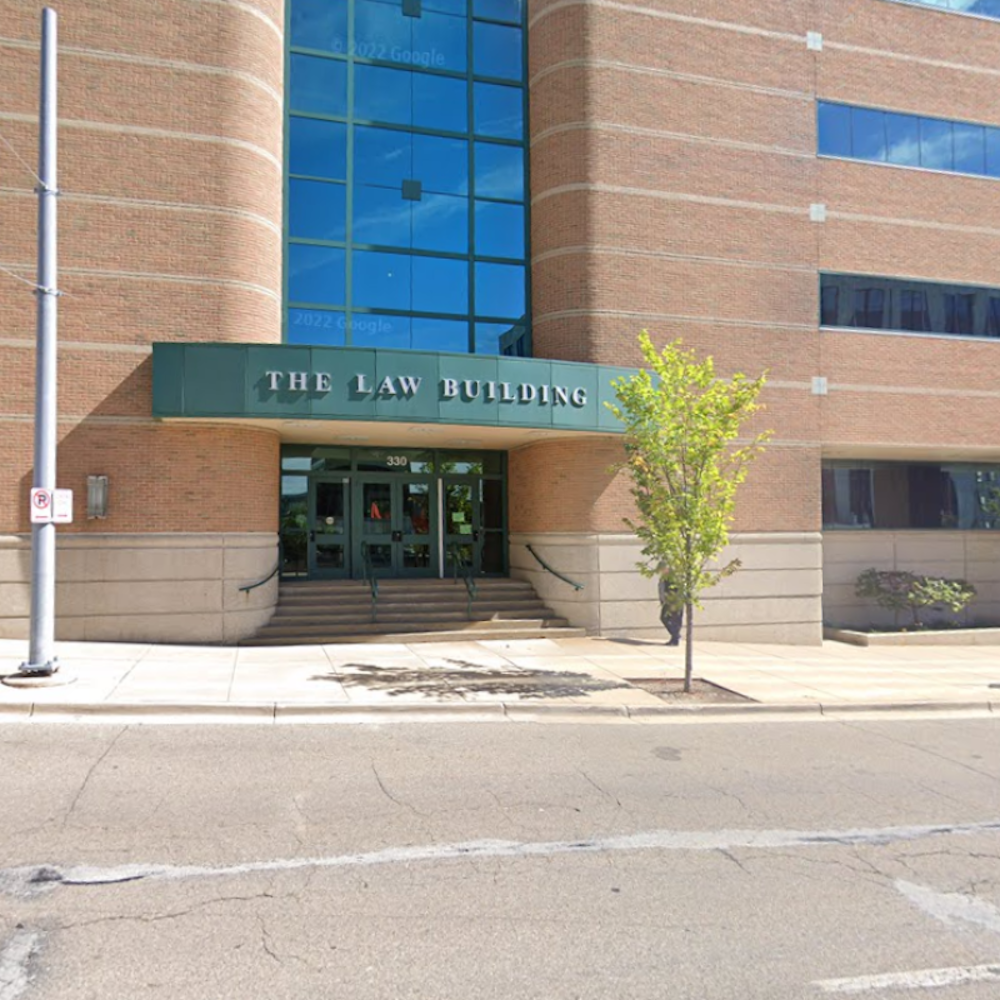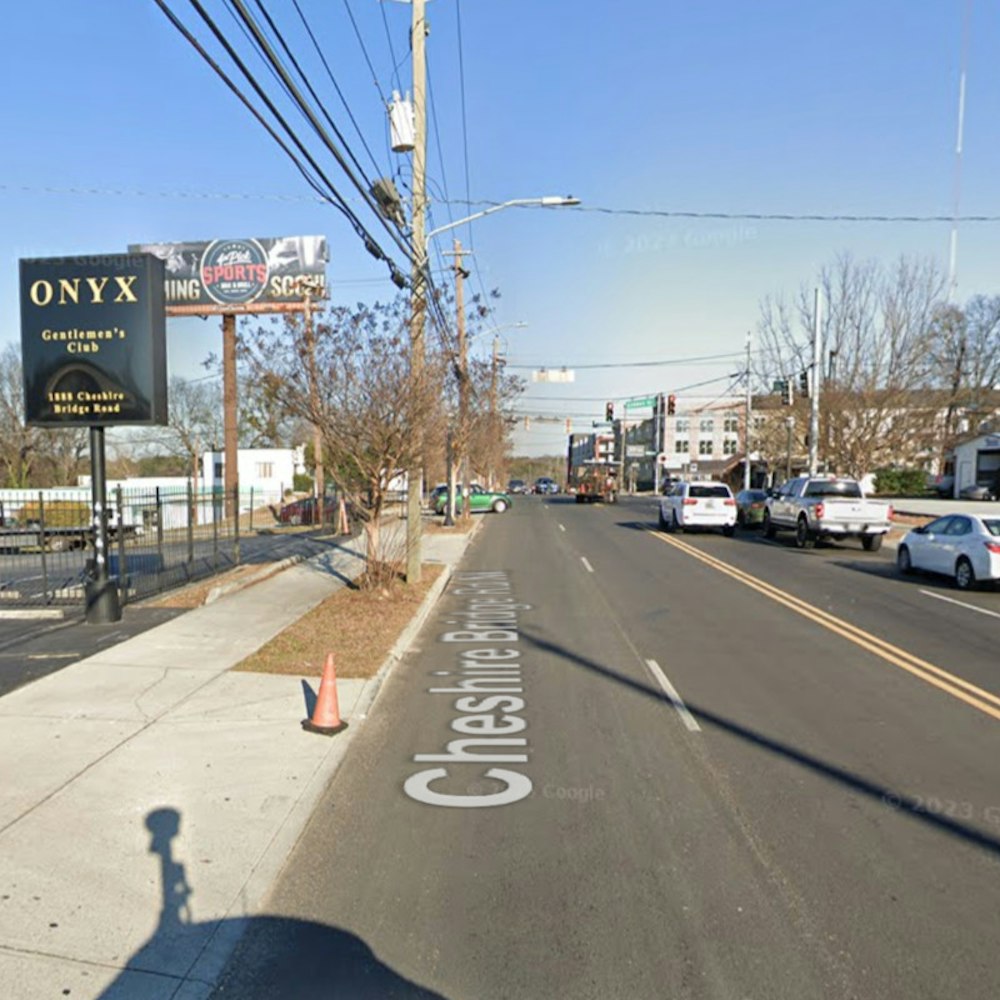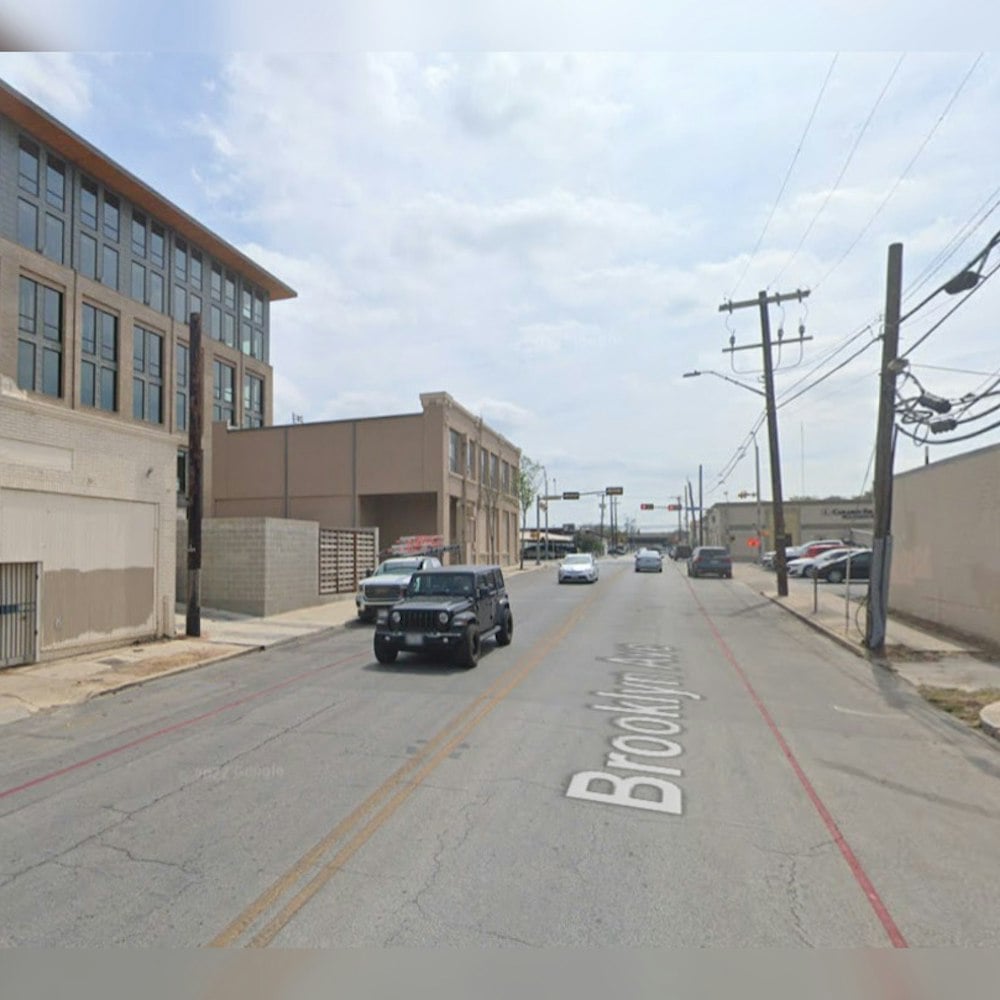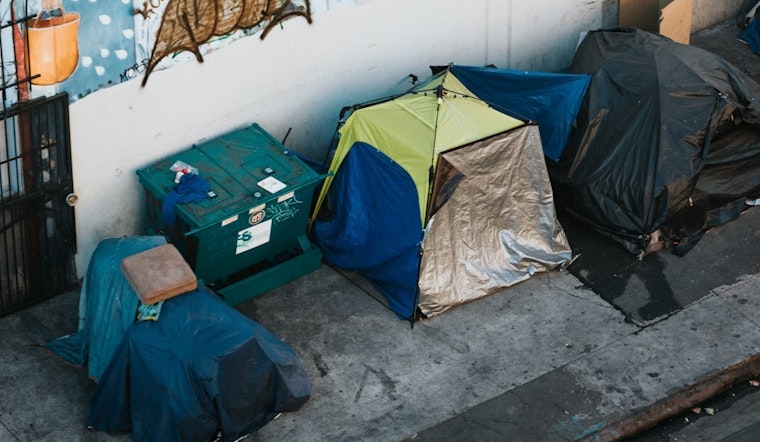
San Francisco's streets are showing signs of change as the city's homeless count reveals a decrease in tent and vehicle dwellings. A recent tent and vehicle count, as reported by NBC Bay Area, noted a 37% drop in tents and a 42% dip in vehicles used as homes since July last year. February's count showed 385 tents and 616 vehicles, marking noteworthy progress in the city's battle against homelessness.
Mayor London Breed heralded this as "a significant reduction in people living unsheltered in both tents and vehicles." The decline, she attributed, to the city's aggressive measures to provide shelter and housing, as well as cleanup operations. Over the past year,, the vacancy rate in the City’s Permanent Supportive Housing portfolio fell by 29%. What's more, in 2023, San Francisco aid in permanently moving 3,000 people out of homelessness.
Compounding the decrease in homelessness, city officials have noted a general improvement in safety and order on the streets. According to a statement obtained by the City's own news releases, property crime has fallen by 31%, while violent crime saw a 5% reduction. Meanwhile, crackdowns on drug markets have more than doubled the number of drug dealer arrests last year, contributing further to the cityscape's transformation.
In efforts to confront substance abuse head-on, San Francisco has pioneered the implementation of new state conservatorship laws. These laws empower the city to assist those with drug dependencies to receive necessary care. Additionally, the Mission Street commercial corridor experienced a positive shift with street vending curtailed, resulting in a significant decrease, in both robberies and the need for street cleaning services.
The concerted efforts of city agencies such as the Department of Emergency Management and the Healthy Streets Operations Center (HSOC) demonstrate the city's dedication to steering its homeless population towards shelter and stability. Mayor Breed remains optimistic, vowing to persist in these endeavors, while city officials stand firm on their mission to guide the unsheltered to accessible support systems.
